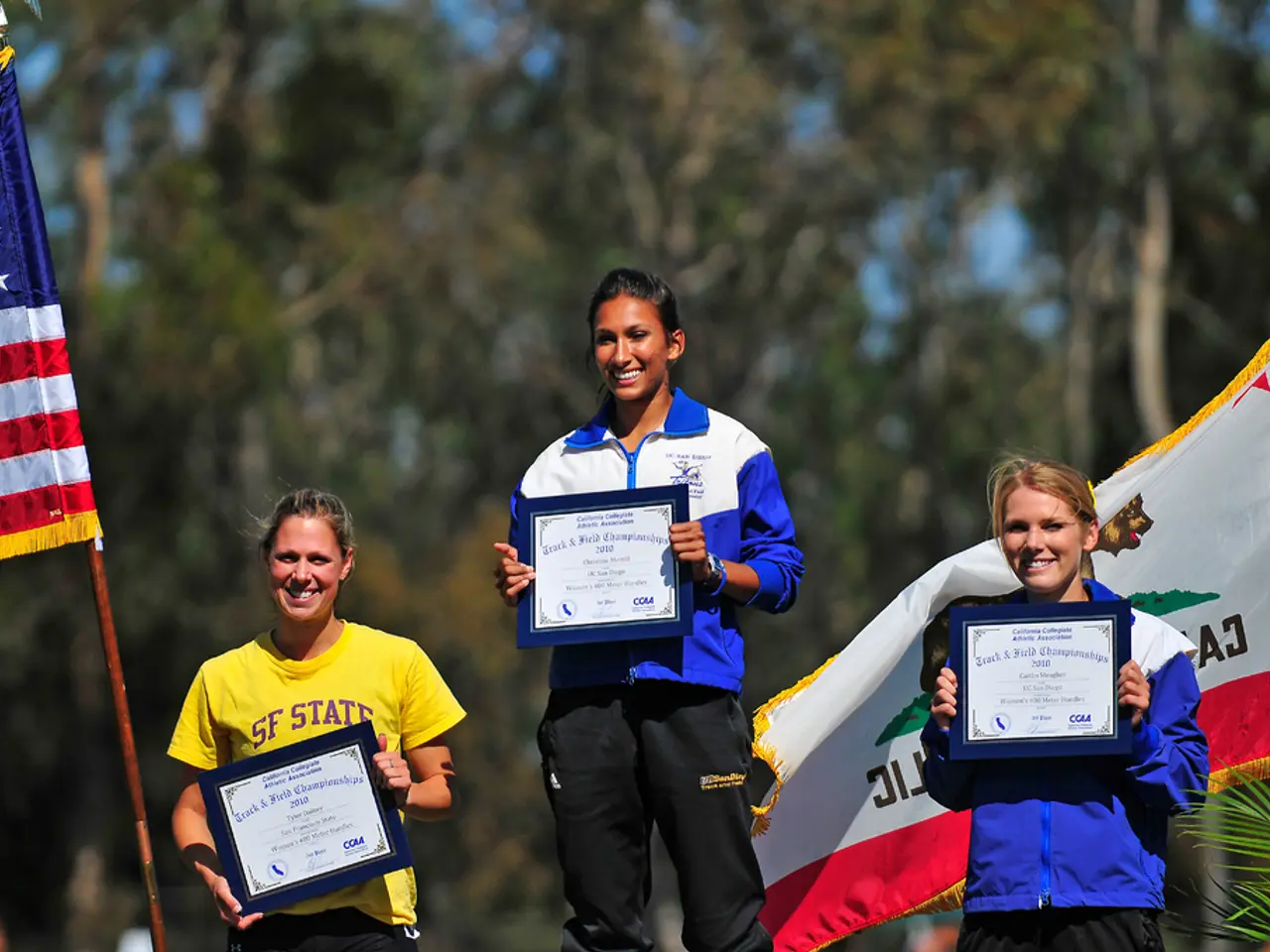Enhancing Profession Preparation for Individuals with Special Needs
Vocational training opportunities are essential in enhancing career readiness for individuals with special needs. A well-rounded approach to career readiness involves three closely connected areas: skills development, social interactions, and emotional preparedness.
Skills Development
Specialised training programs and professional development, such as Workplace Inclusion Now (WIN), focus on job-related skills, self-advocacy, workplace communication, and navigating differences at work. Additionally, secondary transition services provide individualised goal planning, career exploration, job skills training, resume building, and work-based learning experiences. Developing independent living skills, including time management, organisation, and self-advocacy, is also critical for workplace success.
Social Interactions
Building social awareness and interpersonal skills is crucial for understanding and respecting differences, interpreting others’ feelings, and collaborating effectively in diverse workplaces. Activities like role-playing, community involvement, and learning to see situations from others’ perspectives can aid in this development. Training programs and coaching can help develop communication approaches appropriate to various work environments, and job coaches can facilitate practice of social and job-specific interactions.
Emotional Preparedness
Fostering self-awareness, recognising emotions, strengths, and areas for growth, is essential for setting achievable personal and career goals. Promoting self-management skills such as coping with stress, staying calm, and persisting through challenges is also vital to handle the emotional demands of work. Encouraging self-determination and advocacy empowers individuals to make informed decisions and communicate their needs at work.
Additional supports, such as job coaching, provide personalised assistance in building these competencies and easing transitions into employment. Resources like the "Empowering Abilities Handbook" offer practical strategies, communication guidance, and real-world examples for educators and support staff facilitating these processes.
Career readiness for special needs individuals also encompasses tailored internship and apprenticeship programs offered by employers, which provide hands-on experience and specialized skills training. Employers can cultivate awareness and sensitivity among staff regarding the unique challenges faced by employees with special needs, creating a more supportive workplace.
Collaboration between schools and community resources can enhance curriculum development efforts, ensuring that students receive a comprehensive education that includes career readiness. Community resources offer vocational training programs, job coaching, resume workshops, and mock interview sessions, equipping individuals with vital skills for career success.
Regular assessments throughout the educational journey allow for adjustments to the transition plan, ensuring that it remains relevant and effective. Measuring career readiness progress involves assessing various facets of a student's development, including skill acquisition tests, self-assessments, employer feedback, observational assessments conducted in real-world settings, and continuous evaluation to develop tailored strategies for each student.
Establishing partnerships between employers and educational institutions can contribute to curriculum development, providing insights into industry needs and creating a pipeline for students with special needs to enter the workforce successfully. Future trends in career readiness for special needs include employing virtual reality and augmented reality tools in vocational training, personalised learning plans, collaborations between educational institutions and businesses, and increased emphasis on mental health support.
Family support services available through community resources aid families in understanding and navigating the career readiness process, identifying opportunities, and addressing challenges. Career readiness for individuals with special needs is crucial for their successful transition from education to employment.
E-learning platforms can offer additional resources for skills training, focusing on job-related skills, self-advocacy, and navigating differences at work, complementing traditional vocational training programs.
Career development in education-and-self-development can involve exploration of virtual reality and augmented reality tools in vocational training, fostering modern skills essential for enhancing career readiness for individuals with special needs.




